The East of England Children and Young People’s Diabetes Network first developed activity camps in 2013. The aim is to offer children and young people (CYP) with type 1 diabetes from within the East of England region the opportunity to attend a specialised activity camp in a safe environment where they will be looked after by healthcare professionals. The camps are now in their eighth year and have welcomed over 300 children through their doors.
Meeting a need
Parents attending diabetes clinics identified a need for more activities for CYP along with an opportunity to meet other families from around the region who were managing this condition. The form(s) that the proposed activities might take were decided upon by parent representatives and through discussion via online support groups. The camps were originally organised in partnership with the Juvenile Diabetes Research Foundation, who helped us in the first year. Since this time, they have been organised by the East of England Children and Young People’s Diabetes Network.
We aimed to make the camps accessible to as many patients and families as possible. We therefore requested support from Addenbrookes Charitable Trust, which subsidises the cost of the camps and provides financial assistance to low-income families.
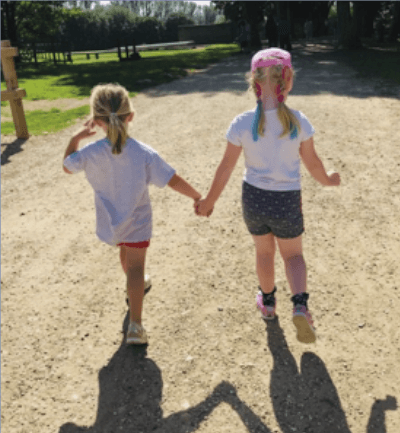
A weekend of activities for children and young people
The camps take place over a long weekend at activity centres within the East of England region. For many of the CYP it is the first time they have slept away from home and managed their diabetes independently. They have the opportunity to make new friends and it is often commented that participants felt ‘normal’ as they were surrounded by other CYP with their condition who knew how they felt.
Over 2 and a half days, the CYP have the opportunity to take part in some fantastic activities that enhance many different skills sets including:
- Problem solving
- Team work
- Independence
- Decision making
- Creativity
All of these are great life skills that will help them in their diabetes management and throughout life.
The camps are a great way to encourage self-development and also enhance independence. The CYP are empowered at camp to take care of themselves, with guidance from camp staff. They also learn how to trust themselves to make decisions.
Last year’s 8–10 years activity camp at Branchester National Trust Centre gave participants the opportunity to try kayaking, raft-building and cooking, as well as going on walks along the Norfolk Coast Path to explore the coastline and saltmarsh.
Participants make lots of memories of good times, silly shenanigans and fun activities. It is a time of discovery and self-improvement that stays with CYP long into adulthood.
Professional support
Our camps are staffed by healthcare professionals from diabetes clinics throughout the East of England. Staff members include paediatric diabetes specialist nurses, paediatric diabetes doctors, dietitians and clinical psychologists. All of these professionals volunteer their time to help provide a secure environment in which the CYP can let their hair down and enjoy themselves, knowing the best care is available if and when it is needed. We need on average 15 members of staff for one camp; this ensures that participants are kept safe during the day as well as overnight.
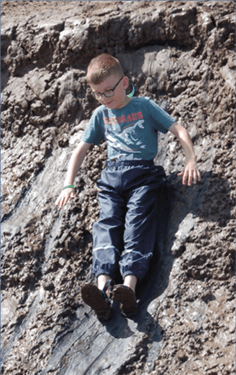
Family activity camps
We have also run several family activity camps where the families attend together. This provides families with the opportunity to meet other families dealing with similar issues and for siblings to get involved in the activities. In 2019 the family camp was held at PGL activity centre in Claythorpe.
During the family camps we intersperse the activities with education sessions, including carbohydrate-counting activities and a daily diabetes workshop. These educational sessions allow families to build on their diabetes management skills.
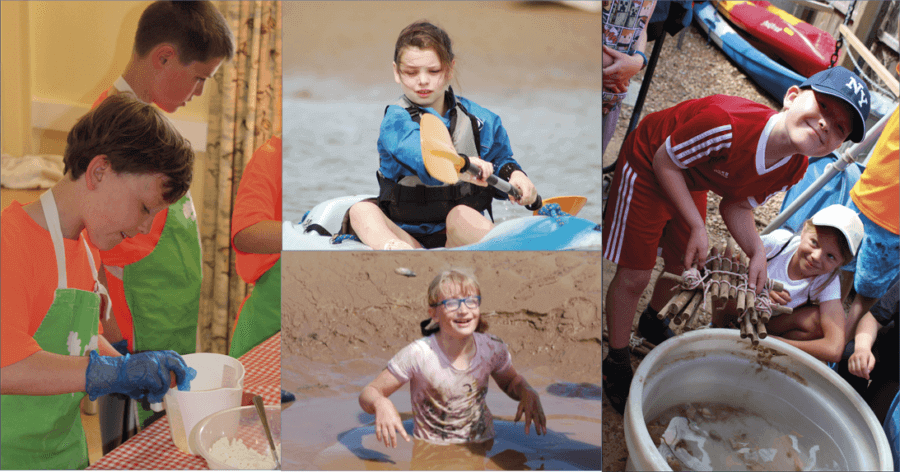
A popular option
We run three activity camps per year, each of which can cater for 30 CYP. They are aimed at CYP aged 8–16 years and are split into three age groups: 8–10 years, 11–13 years, and 14–16 years. Last year, we took a group of 15–19-year-olds to Botswana (D’Urso and Hall, 2020), so we altered the age groups for the UK camps to 8–10 and 11–14 years. The camps are often oversubscribed, with many returning year-on-year.
Comments from children and parents
Child 1: ‘The best thing about camp is that I made loads of new friends. I enjoyed all of the activities and all my teammates helped me. It was nice to see others in the same position as me, it made me feel less alone having Type 1 Diabetes.’
Child 2: ‘It’s a time where you don’t have to worry about your diabetes, since the T1 staff look after you really well. You spend the weekend enjoying activities which you rarely do. You can make great friends at the same time.’
Child 3: ‘I love going to camp. I love all the activities but my best part is seeing my friends and being in a dorm with them – it’s like one big sleepover! It makes me feel really normal to see everyone with the same kit as me and we all help each other with our levels! It’s just so much fun. It’s my best thing about having diabetes!!’
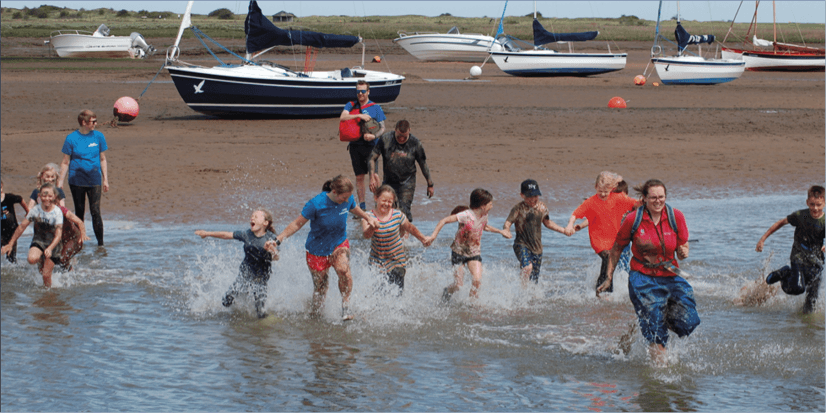
Parent 1: ‘The first time E has ever been out of our sight for more than during school day, we were extremely anxious about not having her with us but I must say it was the most amazing experience, E has come back even more confident so much so we felt comfortable to allow her to go away on another camp with the school.
‘I did not realise what it would feel like to not have her with us and knowing that she was in such good hands we will definitely make the most of a couple of nights off when she next attends the camp.’
Parent 2: ‘The East of England Diabetes camp is brilliant! The staff are diabetes experts and I trust them totally to care for my T1 child. As a parent, I enjoyed two nights “off duty” in over two years. My child has a weekend where diabetes is the norm and gets to pick up all sorts of hot tips from the staff and the other children. Thank you so much.’
Parent 3: ‘B adored camp so much this year. Thank you to everyone who works so tirelessly to give the kids this experience; it’s honestly enhanced all our lives so much. B always comes home full of stories about what she’s been up to, her best part is getting to “sleep over” with the kids that have become some of her best mates (they all keep in touch during the year on their “T1 besties” WhatsApp group). She can’t really do sleepovers yet at home because of the night checks etc, so this is just incredible for her. Her confidence with her diabetes has increased hugely since starting camp, it’s normalised it for her really so she’s no longer embarrassed to talk about it. What you have given her is invaluable, to the degree I that feel quite emotional even writing it down! My Husband and I get a break – our only break in the year – where we can just forget about diabetes and breathe!’
The future: overcoming challenges
The East of England Children and Young People’s Diabetes Network plans continue running camps in the future. The camps currently rely on healthcare professionals giving up their time to support the CYP with diabetes and their families who attend local diabetes services. For this reason, we have limited the number of camps to three per year.
To continue to deliver high-quality, safe and affordable experiences to participants, we are exploring various ways of raising money. In addition to the support we receive from Addenbrookes Charitable Trust, we have launched the ‘Raise 500’ project which includes the Snowdonia T1 Charity Challenge in June this year.
More information on the activity camps is available on the East of England Diabetes Network website

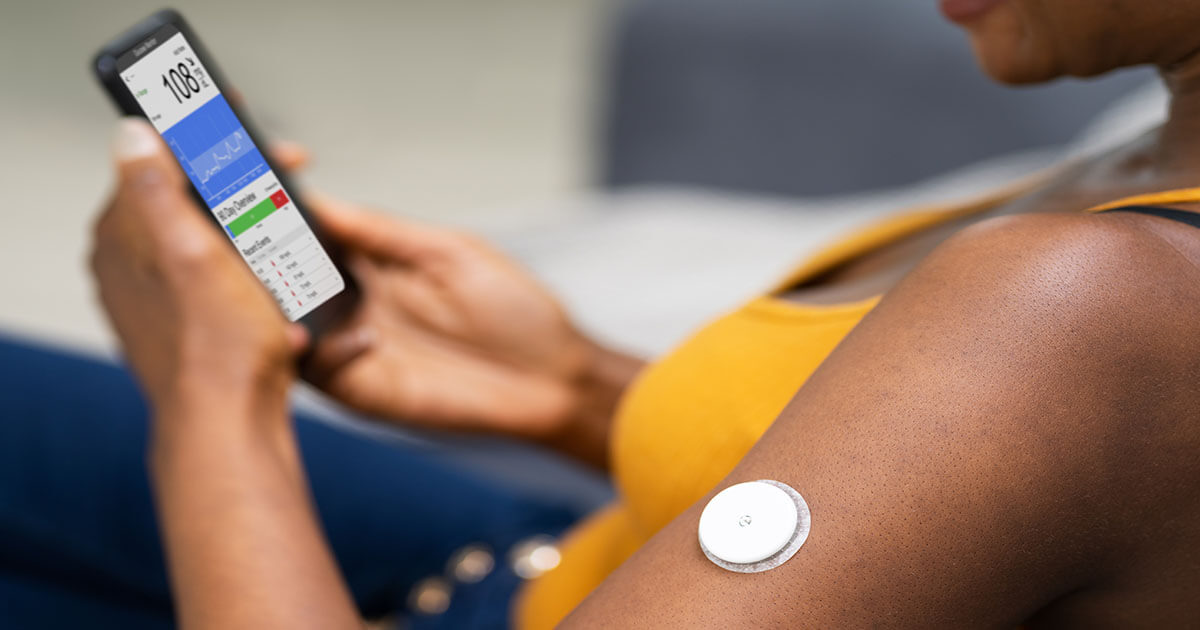


NHSEI National Clinical Lead for Diabetes in Children and Young People, Fulya Mehta, outlines the areas of focus for improving paediatric diabetes care.
16 Nov 2022